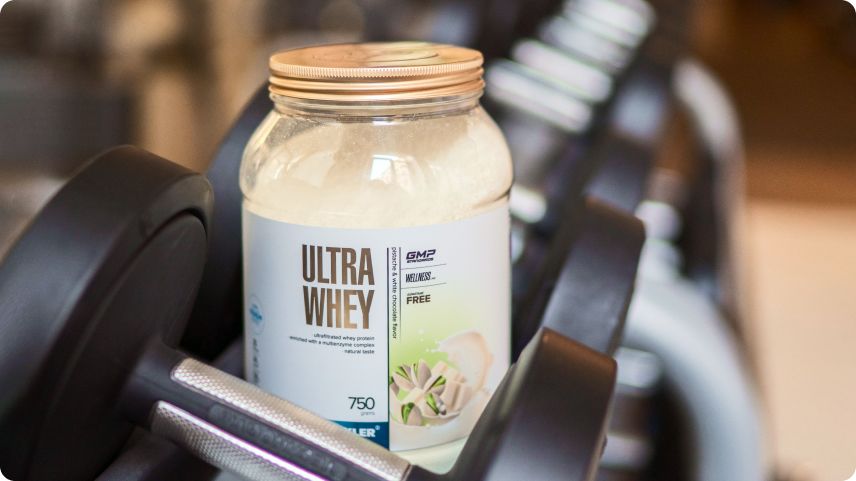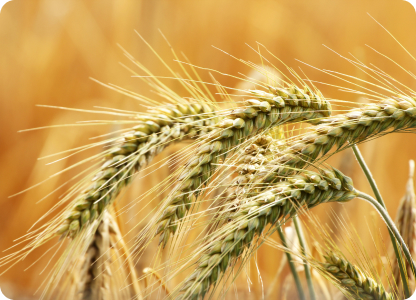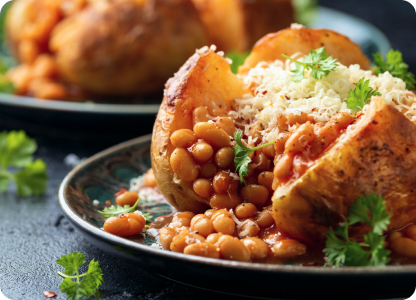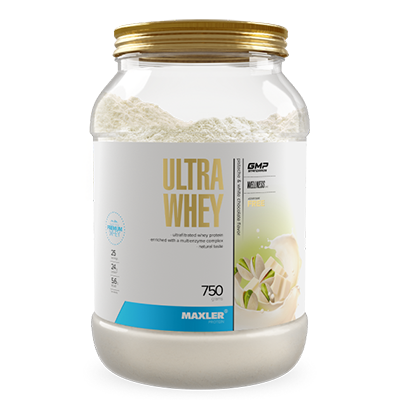It’s time for an important question – how many times a day do you think about the Roman Empire? Roman inventions and habits can teach us a lot of interesting things, and if you’re keen on learning the intricacies of their habits and diets, you’re in luck. In this post, we’ll be talking all about the best fighters and athletes of the Roman Empire – the gladiators!
What did the gladiators eat that made them so powerful? Can we use any of the knowledge from these formidable fighters to boost our own athletic performance? Luckily, we’ve got the answers.
These athletes were vegetarians
Most people in the Roman Empire had a vegetarian diet, and it turns out that the gladiators were no different. They relied on wheat and barley and plant proteins like beans to get their protein fix1. This simple diet, however, was very effective, since they turned out to be great fighters.
Another thing to think about – for optimal health, ensure to take in enough healthy fats with your meals, like omega-3s. If you’re struggling to achieve that, Omega-3 can be a great way to support your intake of these fatty acids while you attempt a gladiator’s diet.
Gladiators carbo-loaded
Gladiators ate lots of simple carbohydrates, which included foods like barley. This helped them get some fat under their skin, which in turn protected them from cuts and wounds and shielded nerves during a right2. It’s estimated that around 70-80% of their diet was made up of starches, which allowed them to get plenty of energy for their rigorous training3. They knew how important it was to have enough energy for their workouts and fights, and you should pay attention to that too.
Drinking ashes is (apparently) great for your bones
Think supplements are a recent thing? It turns out that the gladiators had a supplement of their own. According to Pliny the Elder, they mixed ashes to create a tonic-like drink which they used after their fights and training4. And that might have actually been the case – their levels of calcium and strontium (found in plant ashes) were really high. This means they likely used the tonic to supply extra calcium and magnesium to promote bone healing5.
Top lessons from Gladiatorial diets
The gladiators can really teach us a thing or two about our nutrition practices for performance. So, what are the key things we can take away from their genius?
- One of the things that might surprise the average athlete is that gladiators were able to fight and train on a plant-based diet. It all came down to the right amount of energy intake for your purposes, as they relied on carbohydrate-rich grains to keep them going.
- Their regular intake of plant protein can be a great sign for those looking to be more sustainable in their food choices. If they could put on muscle while eating legumes, so can you. This is also good news for the vegetarian and vegan athletes – don’t let anyone tell you your diet can’t have a place in sport, as the gladiators’ performance proves otherwise.
- Often, we might feel confused about the ever-changing advice from scientists, nutritionists and coaches. However, a simple diet of grains, beans and ashy tonic allowed the gladiators to perform at their best. It’s okay to rely on a few staple foods and repetitive meals should that be convenient for you – as long as they’re providing you with all the right nutrients.
- Sometimes we need additional supplements to achieve our best. They made an ash tonic to keep their bones strong as the tonic had lots of minerals. Luckily, nowadays, you don’t have to drink ash to get the same effect – a simple tablet or a powder supplement can help you stay on top of your micronutirent intake. So, don’t be afraid to include supplements in your routine – they can help you look after yourself and reach new performance heights.
Gladiators serve as a great example that great performance doesn’t need complicated nutrition. Stick to whole foods, plenty of plants, and plant protein sources that are nourishing and give you plenty of energy to get on with the day. Pick meals that are easy to make and stick to, add supplements to address inadequate micronutrient intake and of course, pair it all with a great exercise routine! Here’s to more gladiator-like wins!








